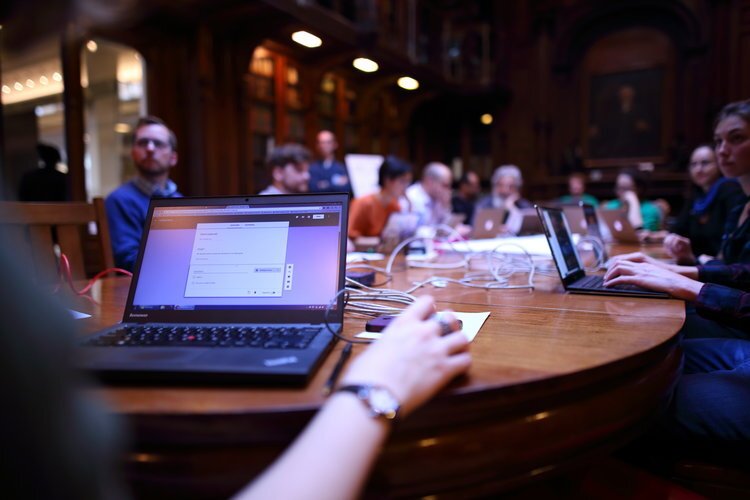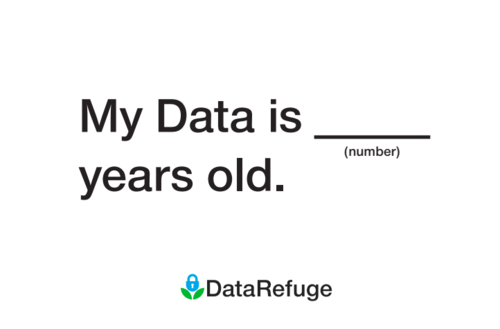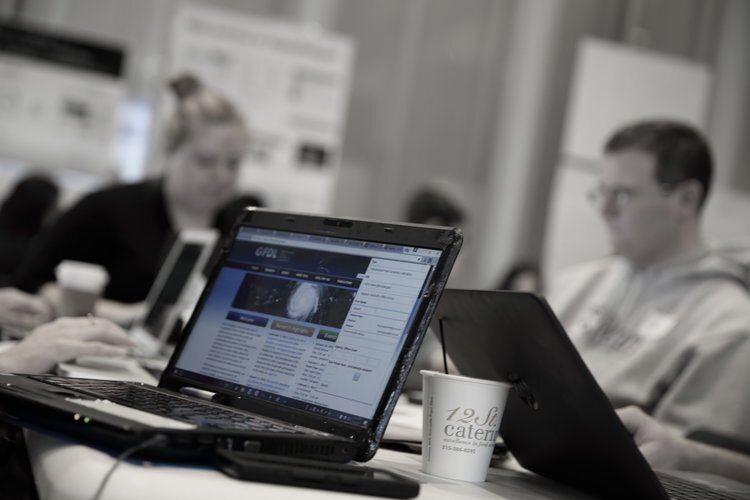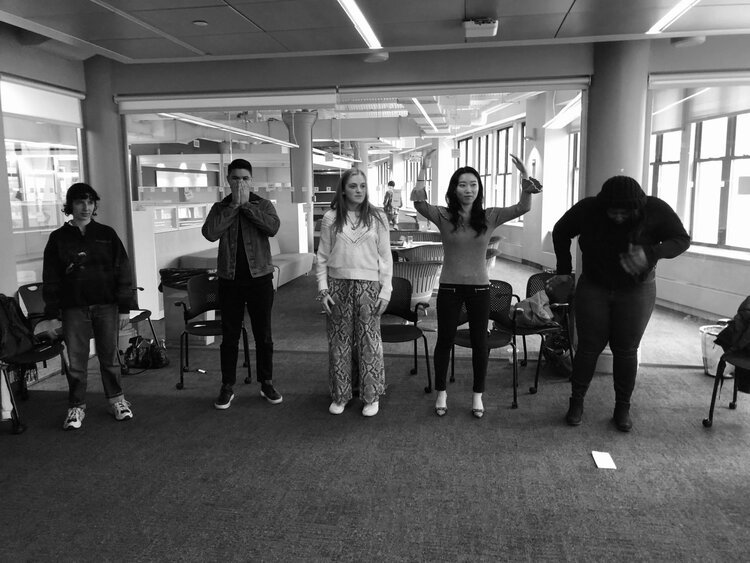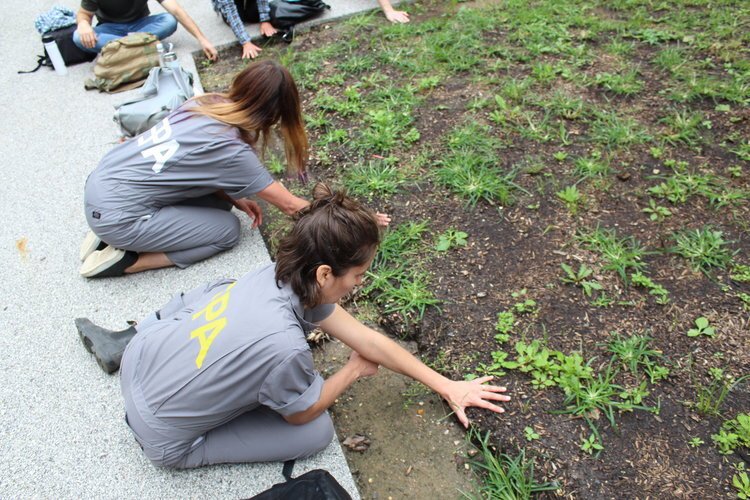Public Projects
QUEEN: REIMAGINING POWER FROM ANTIQUITY TO THE PRESENT (2021)
September 23-24, 2021
Organizer
Virtual Symposium at the Gallatin School of Individualized Study
New York University
https://wp.nyu.edu/queensymposium/
Download the program here.
Image: Carving of a head set in garnet mount, 3rd century BCE, Walters 42.190
Royal and elite women in the ancient world established and maintained a powerful public presence through visual and material culture. While the principal ancient narratives tend to cast women as passive and immobile, the material record presents numerous alternative pictures that problematize this relationship of gender, agency, and mobility. Throughout the 1st millennium BCE, such women moved across the interconnected geographies of the Mediterranean and western Asia to marry into new dynasties, participate in war, and oversee the design and construction of new monuments and art works. Through their direct and indirect involvement in shaping art and visual culture, ancient royal and elite women enrich our broader, contemporary discussions on the art of power; intersections of race, gender, and agency; and the production and negotiation of political identities through art and monuments in the deep past to the present. Indeed, modern-day expressions of queenship take place beyond elite spheres, as artists, performers, and political actors have invoked and adapted aspects of ancient queenship.
This virtual symposium integrates scholarly and creative knowledge production from different perspectives that broaden the stakes and widen the impact of historical work. The symposium aims to model collaborative, critical, and public approaches to history and art by including the expertise of students, artists, performers, and educators beyond the university alongside the work of scholars and curators. This gathering hybridizes a scholarly conference with an arts exhibition, live performances, and public engagement initiatives—including Gallatin student work, a drag performance, and artist talks. The goal is to bring diverse perspectives from multiple disciplines, generations, and practices while filling in the gaps that exclude women and femmes out of historical and political memory. By highlighting multiple ways of knowing, we aim to foster a space that is academic, creative, political, intersectional, intersubjective, and speculative. Confirmed keynote talks include La Vaughn Belle (visual artist), Aminah Fadhil (Director, Iraq Museum Library), Amy Gansell (Associate Professor of Art History, St. John’s University), Shelley Haley (Edward North Professor Classics, Hamilton College; President, Society for Classical Studies) and Jackie Murray (Associate Professor of Classics, Univ. of Kentucky).
DATA REFUGE (2016-2020)
Co-founder; Co-organizer
Philadelphia, PA
Data Refuge is a public, collaborative initiative by the Penn Program in Environmental Humanities and Penn Libraries that builds refuge for federal environmental and climate data. Data Refuge launched November 2016 in Philadelphia to draw attention to how climate denial endangers federal environmental data.
With the help of thousands of civic partners and volunteers, the project rapidly spread to over fifty cities and towns across the country, hosting data storytelling events at national conferences, college campuses, and the Philadelphia Science Fair. With a grant from National Geographic, Data Refuge built a national storybank, hosted a podcast called Data Remediations, and created storytelling tools to document how data lives in the world – and how it connects people, places, and non-human species. With a grant from the National Geographic Society, the Storytelling Builds Data Refuge project sustains the bucket brigades of Data Rescuers' efforts to preserve existing federal climate and environmental data by documenting how that data is put to work in local communities.
At NYU, Dr. Kim stewarded the Urban Democracy Lab’s Humanizing Data Working Group to foster community conversations around these issues. There, she worked to develop Sensing With the Body, which explores how human beings come to produce, know, and circulate climate and environmental data through performance throughout New York City. A public workshop (co-convened with artists Carolyn Hall, and Clarinda Mac Low) and a series of extended interviews with dancers, curators, and scholars of theater brings focus to the diverse modes by which beings sense and produce environmental knowledge. Featured experts share how experimental narratives unfold through bodies (of human and non-human animals, of water and land) to offer alternative scenarios for the present and future. Furthermore, they attune to the ways that diverse bodies morph, react, or adapt to environmental shifts that may be invisible to the eye.
The project culminated in a virtual conference and online exhibition, Climate Sensing and Data Storytelling, in May 2020.
Selected Press: Nature, The Guardian, Technical.ly, Reuters TV, Sunlight Foundation, The Daily Show, Quartz, The New York Times, CNNTech, Gizmodo, FranceCulture. Click here for more.

